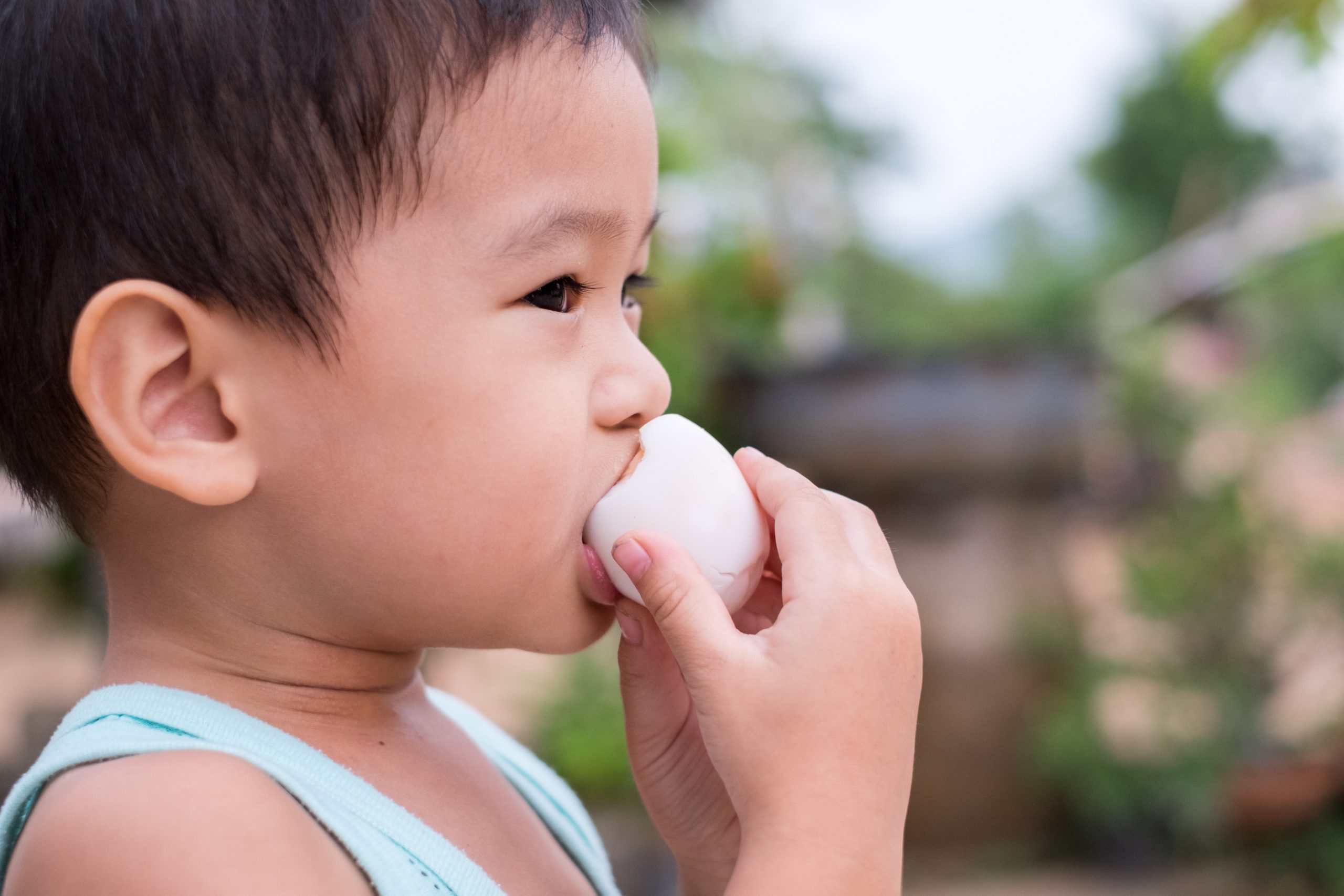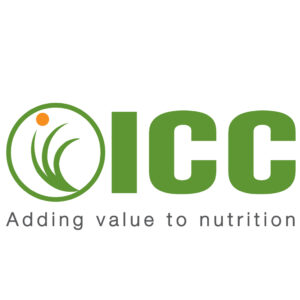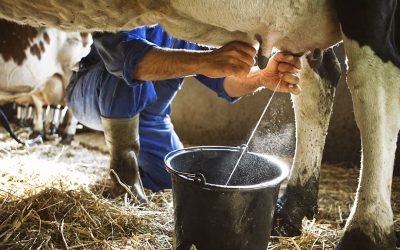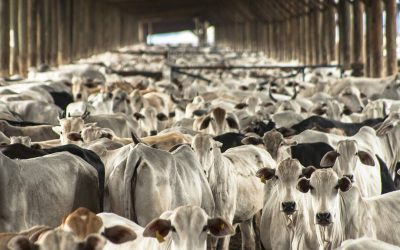Nutritional tool to safeguard egg quality

Concerns about the quality of ingredients and additives used in animal feed is a global and irreversible trend, with the final consumer becoming more aware of the relationship between nutrition and health. ImmunoWall, besides being a natural ingredient, has proven to be a successful solution to improve both gut health and food safety at low dosages, resulting in an excellent cost benefit for egg producers.
Salmonella Enteritidis (SE), the most common serotype associated with the human disease, is known to colonise the ceca, and internal organs in commercial hens resulting in SE translocation to the ovary. As a consequence, SE can be found in eggs, by either ovarian or intestinal tract infection.
Methods to decrease egg contamination
Producers employ interventions to decrease egg contamination. The practicality and costs of intervention implementation are considerations when instituting a pathogen reduction program. Feed additives can be one important component of an interventional program for animal health, food quality and safety.
In the last few years, several alternatives to antibiotics have been tested and used commercially in the animal industry. However, several factors relating to animal metabolism must be considered to obtain the best cost benefit from an alternative. ImmunoWall produced by Brazilian animal nutrition company ICC, is a yeast cell wall (YCW) extract which is highly concentrated in β-glucans (> 35%), while still offering excellent levels of mannan-oligosaccharide, MOS (>19%).
Preventing pathogen colonisation in the gut
MOS is known for its capacity to agglutinate pathogens. It will prevent pathogen colonisation in the gut as it offers a binding site to harmful bacteria that possess type 1 fimbriae present in the intestinal tract. Because the β-glucans are indigestible, the ‘trapped’ bacteria will be excreted together with the faecal material. It is important to highlight that, to reach its full functionality; the yeast cell walls must have a low digestibility in the intestine. β-glucans are the indigestible portion of the YCW, thus, the higher the β-glucan concentration, the lower the digestibility of a YCW. This is what makes the product an interesting solution in the marketplace.
The β-glucans present in the product will also modulate the immune response of the animals as β-glucans are natural stimulants of the innate immune system. When phagocytic cells are in contact with β-glucans these cells are stimulated and cytokines are produced.
Higher immune status
The production of cytokines will trigger a chain reaction, inducing a higher immune status in animals, making them able to better resist opportunistic infections. One of these responses is the increased number of goblet cells that are responsible for mucus production. With the increased production and release of mucus in the intestinal lumen, the mucosa (protective barrier of the villi and medium that allows the action of several enzymes) is increased, resulting in greater protection for the intestinal cells and villi.
The product acts as a prophylactic agent, increasing animal resistance, minimising losses in performance and high mortality rates. In a highly challenging environment, strengthening the immune system is the key to greater productivity gains.
Dietary use trialled
A research trial conducted at Southern Poultry Research Group (Athens, GA – US) by Hofacre, et al. (2016)* was designed to evaluate the dietary use of the product to mitigate intestinal and ovarian colonization by SE. The pullets were fed with control or ImmunoWall supplemented diets, since 10 weeks of age, and at 16 weeks, they were orally challenged by a nalidixic acid-resistant strain of SE. Seven and 14 days post-challenge the birds were necropsied and ceca and ovary samples obtained. The nalidixic acid-resistant SE were isolated and identified.
An extremely high SE challenge dose was required in this trial to establish sufficient transmission of the SE to the ovaries (>40% control birds were positive on ovarian culture vs. 33.3% in the product). The product was very effective in reducing the prevalence of ceca infected (93.8% supplemented diets vs. 97.9% Control at 7 days; 47.9% supplemented diets vs. 53.2% Control at 14 days), since a significant reduction in cecal colonisation by SE occurred at 7 days (ImmunoWall SE positive ceca had slightly more than 102 SE/gram vs. the Control at nearly 103 SE/gram of ceca content); resulting in corresponding reductions in ovarian prevalence and colonisation.
Decrease in faecal contamination on eggs
It is important to point out that an obvious extension of the reduction in cecal colonisation with the use of the product will be a decrease in the faecal contamination of the egg surface. After an egg is laid, it begins to cool and draw surface bacteria into the pores of the shell. Less SE contamination of the surface should result in less contamination of the egg interior. The use of the product can be an integral and viable part of a comprehensive SE intervention strategy; resulting in decreased ovarian colonisation and environmental contamination.
*Hofacre, et al. Effectiveness of a yeast cell wall in commercial layers against intestinal and ovary colonization of S. enteritidis, presented at the Southern Conference of Avian Disease seminar in Atlanta in January 2017 (IPPE) and will be published in the proceedings of the Western Poultry Disease Conference in March of 2017.







